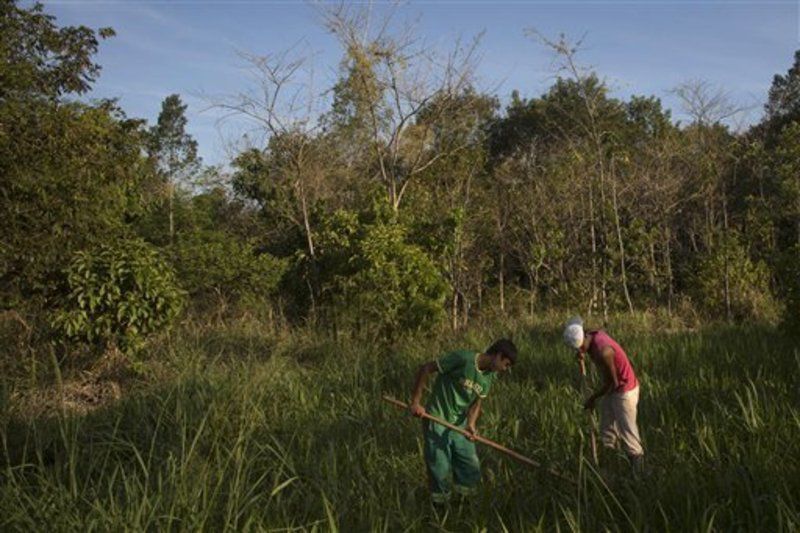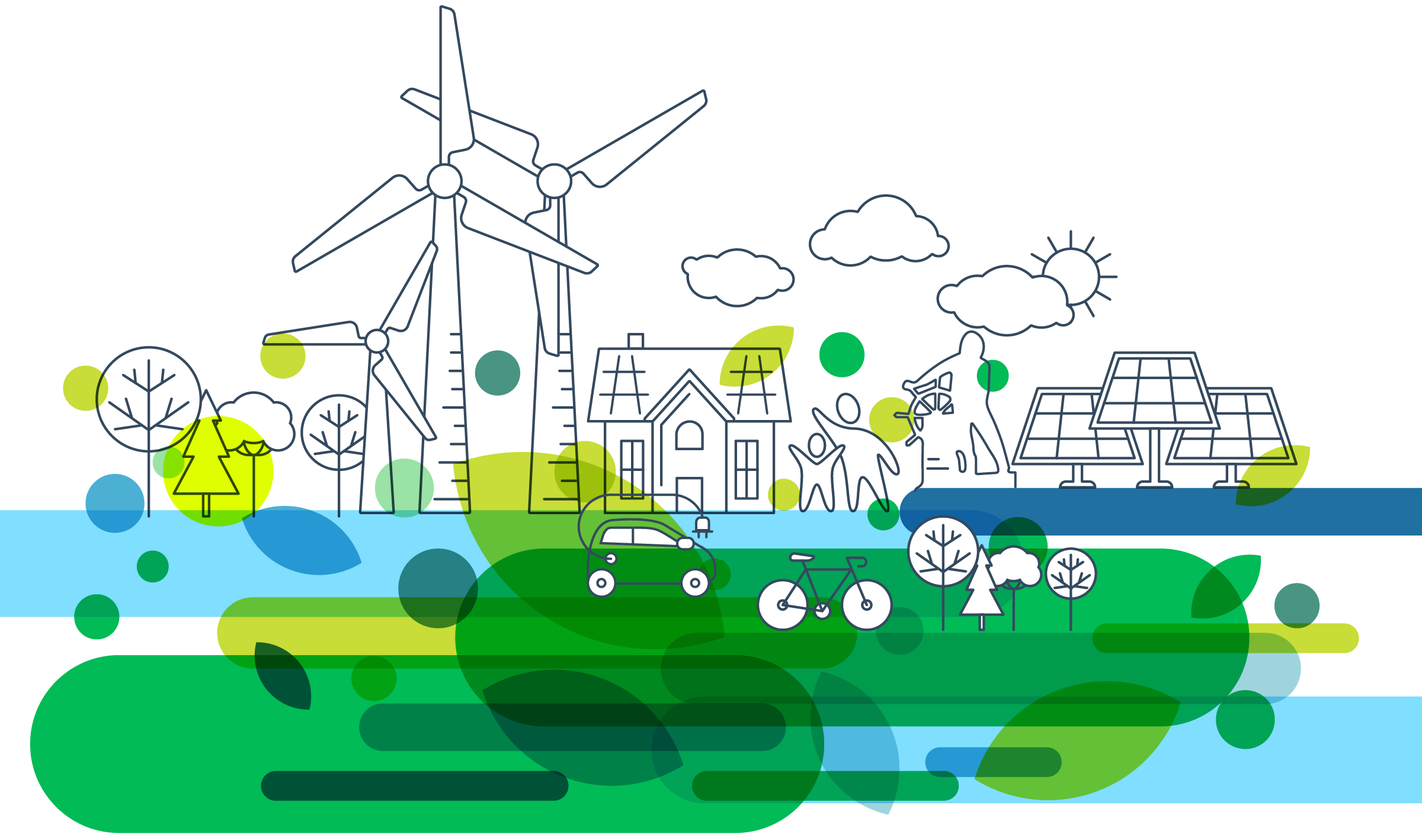Letter: There is hope on climate change
The Sept. 28 column by Jack Clarke (”The time is now to adapt to the effects of climate change”) in the opinion section is excellent and explains what has to be done through legislation to protect ourselves against rising sea levels and future storm events here in Massachusetts. It was definitive, well written, and should leave no doubt in the minds of citizens what is physically at risk.
But frankly, I am sick and tired of reading articles like this, not because they shouldn’t be written but because the article ending assumes that future dire climate outcomes are unavoidable. We know from our research at Reforest The Tropics that they are not.
I manage a United Nations-sanctioned carbon sequestration program called Reforest The Tropics. We have demonstrated through extensive research and measurements the power of our scientifically planted tropical forests to absorb massive amounts of carbon dioxide from the atmosphere. So much, in fact, that our tropical forest plantations are sucking up at least 10 times more carbon dioxide, on a per-hectare basis, than the aggregate of all of the world’s tropical forests. Our scientifically planted forests are absorbing 20 to 40 metric tons per hectare compared to 1 to 2 metric tons per hectare for the world’s tropical forests. (A hectare is approximately 2 1/2 acres).
The world community has never thought this was possible. All of this has tremendous implications for what now is possible not only to mitigate climate change but to actually reverse it. Although this realization is in its infancy, we now have 62 corporations, other organizations and individuals that have adopted the RTT program in order to achieve carbon balancing.
I’m also a board member of the Gloucester Meetinghouse Foundation, which has taken the responsibility, through its program TownGreen 2025, to establish Gloucester as a 100 percent carbon neutral community by the year 2025. The TownGreen 2025 committee has chosen to offset part of the city’s carbon footprint using this forestry model.
Here’s the most amazing part of the whole picture for Gloucester. The city gave us the carbon footprint of the entire school system — six schools with 3,000 students. We then calculated how much tropical forest would have to be planted to absorb all those emissions for a 25-year period. Then I took it one step further: How much would it cost per student to make the entire school system 200 percent carbon balanced? The figure came to a meager $40 per student, per year.
And all this has a huge payback for the school students. They will be seeing leading-edge science at work. We simultaneously plan to introduce a climate change curriculum in kindergarten through grade 12 using the school’s own tropical forests as a live, three-dimensional teaching platform. This is the most effective way we can possibly teach — by example, The motivational impact on our children’s future contribution to sustainability will be built into their confidence by the time they have graduated high school because they will have seen how easy it was to accomplish this in their own schools here in Gloucester. How wonderful is this!
Our scientifically planted forests are absorbing 20 to 40 metric tons per hectare compared to 1 to 2 metric tons per hectare for the world’s tropical forests.
It costs $18,000 per year to educate a Gloucester Public School student. But for just $40 per year, per student, the school not only creates a legacy and national example for the city and its students but also delivers an efficient, holistic financial model for humanity that has never before been thought possible.
The very last thing we want our children to have is a “bunker mentality.” Although seemingly necessary, reading Jack Clarke’s article alone, without addressing the very positive science that is now available to mitigate climate change, could be very depressing for our children. The greatest obstacle we have as a scientific research organization is getting people to leapfrog the way they think about what is now possible through the latest forestry science.
We need Gloucester residents to get behind this project to carbon balance the school system. There is no downside -- with so many positive reasons as I have explained. Most important: It’s cheap, it’s easy and it works...and gives real hope to our children.
Harry Hintlian
Gloucester



